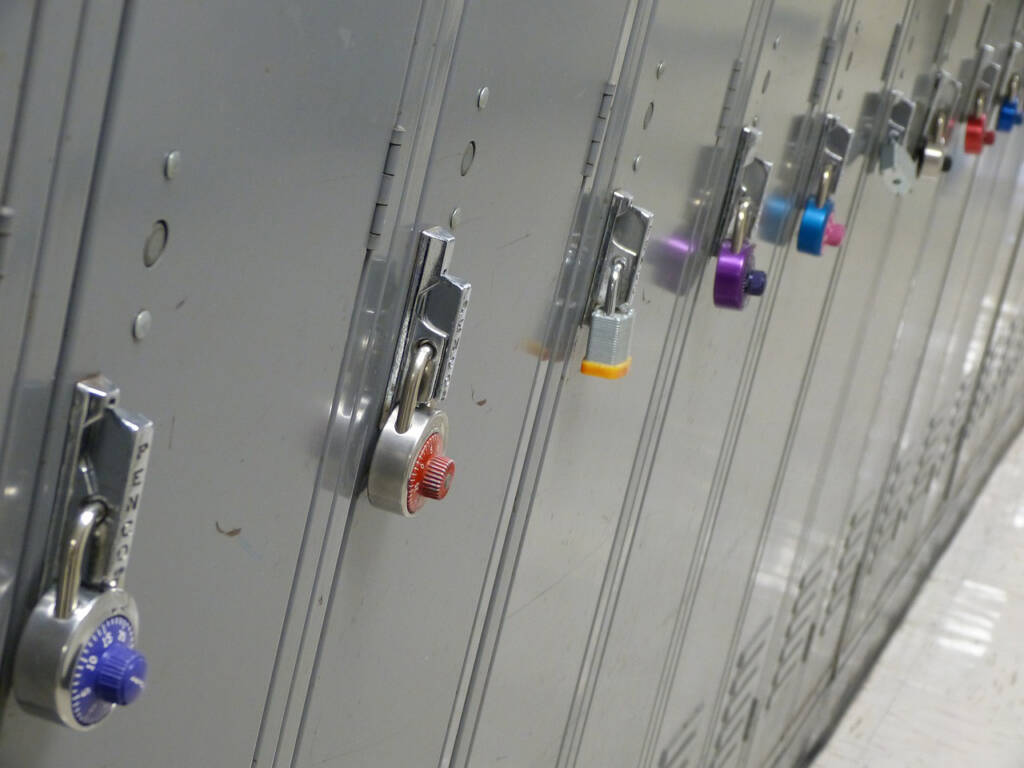USAis the top choice for graduation and higher studies of an Indian student willing to study abroad. It offers the best education practices, world renowned universities, easier process, mode of teaching is english and offers flexibility of choosing subjects and changing them. Moreover the open and deep culture attracts students from all over the world to get into the top universities of the USA.
But what is they look for in an applicant?
The top universities carefully consider each applicant as we review applications for admission. They are primarily focus on the grades but also the extra curricular activities and time management skills shown by the candidate in his past. This article is very important for those students who are willing to apply for admission in the colleges and universities of the USA.


Growth and Potential
They are the best because they select the best, the key questions they want answer from the profile of an applicant are:
- Have you achieved your academic and personal potential to the fullest?
- Are you fully stretched out, is there any scope of further stretch?
- Have you been putting all of your effort into your studies, your full- or part-time job, or any other endeavors?
- Do you have extra energy to accomplish more?
- What did you do with your time?
- Are you self-starting? Do you have initiative? What inspires you?
- Do you know where you’re going yet? It is what? If not, are you doing a lot of exploring?
- Where do you see yourself in one, five, or twenty-five years?
- Will you give back to those in your community?
- What kind of person are you right now? In the future, what kind of person will you be?
The applicant better prepare well in these questions, since it is not happening in a personal interview, but through the documents you submit, it is even more important to make a strong profile well in advance and cover all these answers in your profile.
They are looking for students who will be the best teachers of one another and their professors—people who will motivate others around them both during and after their time in college.
Hobbies and Interests
Your hobbies and interests defines what you are going to do in your life, if you are passionate about something it must reflect in your documents.
For example: If you say you aspire to be a software engineer, that means your extra curricular activities are already into software development, you must have learned a few languages and may have already launched one or two small applications or developed programs of use.
Similarly if someone wants to be a musician and is applying to the best universities teaching music, (s)he must have already composed few notes on her/himself and is applying in the university to take it to the next level. Means you are already passionate and working on it, the university is going to learn from your talent and refine you to become the best.
- Do you have a strong passion for anything intellectual? Extracurricular? Personal?
- What have your passions taught you? How have your interests been used? How did you get the desired results? what degree of success or failure? What lessons have you drawn from this?
- Have you made the most of opportunities in terms of extracurricular, sports, community, or family commitments?
- How well-rounded are your activities? Do you seem to be playing a leadership or sincere role?
- What do you want to explore at the University with your greater free time if you haven’t had much time in high school for extracurricular activities owing to familial, work, or other obligations?
Personal Qualities
Your personality will define your future and therefore understanding the personality is very important to decide whether this person is coming in or not.
- What personal decisions have you made? Why?
- Do you develop later in life?
- How receptive are you to novel concepts and characters?
- How would you rate in terms of your maturity, character, leadership, self-assurance, humor, dynamism, care for others, and composure under pressure?

Support for the College/University Community
What else can you bring to the country?
- Are you able to handle the demands and liberties of college life?
- Will you give back to the College/University and your classmates in some way? Will your time at the college be beneficial to you?
- Would other students like to participate in a close-knit extracurricular group, have a meal with you, attend a seminar with you, or room with you?
Their Process
Most of the top Universities and colleges are able to carefully and thoughtfully consider each applicant as a whole person thanks to their admissions process. Although labor-intensive, it offers exceptional flexibility and the chance to make changes virtually up until the day the Admissions Committee mails out the final results. This is particularly crucial because they constantly get new candidate information.
Of course, no method is faultless. Even with 95+ percent graduation record, some admitted students may have been better served at another Countries. Obviously, some applicants will not be accepted, and some of them may go on to achieve great success.
They make every effort to select the best admissions option for each applicant.
Other factors they look for
Grades in your college prep courses:
The majority of colleges will view your performance in college preparatory courses as the clearest indicator of your potential for academic success. If you do well in your AP classes, it may be a sign that you can handle the burden of a college course. Colleges will consider your great development over the course of your high school career favorably, even if you suffered in your early years.
Admission test scores:
If the college demands or accepts them, your SAT and/or ACT scores can be very important. Tests are now frequently optional, flexible, or blind at institutions. Scores on AP exams and the International Baccalaureate (IB) exams may also be significant, particularly to universities with higher admission standards. Take a college exam preparation course or buy a prep book for the finest test preparation. This will assist you in your studies and in figuring out how to ace your test and get the highest score.
Grades in your schools:
Your overall GPA can also be used to gauge how well you did in school. Your transcript may be viewed by colleges to gain a sense of your academic performance. A transcript is a list of all the classes you took in intermediate together with your grades for each one. Some universities will also consider the high school courses you took, noting if you enrolled in honors and Advanced classes if they were offered..
extracurricular commitments:
Your participation in extracurricular activities is taken into consideration by colleges. Nonetheless, how long and how strongly you have been devoted to one or two of those hobbies is what matters most to colleges. These could include clubs, music ensembles, sports, or several other activities. They consider the leadership positions you’ve held, your accomplishments, and the amount of time you invested in the activity.
Letter of recommendations:
Many colleges require recommendation letters from your teachers and notable educationists. Other colleges may require additional letters from individuals who know you well and can provide insight into your academic abilities, character, and personality.
Language proficiency through Essay:
You will be required to submit an essay or personal statement to many colleges, and some will ask you to respond to additional questions with shorter essays. This is your chance to infuse your application with individuality. A strong essay can influence a choice in your favour, while a weak one can have the opposite effect.
Demonstrated interest:
Going on a visit(not possible for international students), talking with admission officers (more engagement online), or doing an enthusiastic interview can call attention to how much you really want to attend. Applying for an early decision may also make a good impression.
Class size and overall rank:
Institutions that use this aspect want to see how much competition intermediate students had to face to reach rank. Topper of school or a city or state will be privileged accordingly. Less and less universities are emphasizing class rank. Less than half of high schools now track class rank, according to the NACAC.
For more interesting articles please subscribe to our newsletter..




